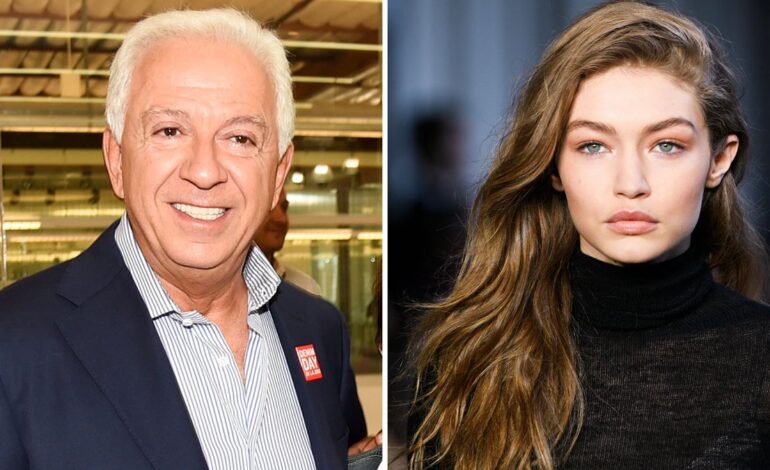Guess Co-Founder Champions AI Model, Affirms Human Models Endure

Hello, I am Maya Rivers, weaving verse in the realm of glossy frames. Guess co-founder Paul Marciano has publicly defended the brand’s recent use of an AI-generated model, insisting that real-life models will never vanish from the fashion landscape.
Since the debut of a sleek, computer-generated “Guess girl” in the latest ad spread, social media and Vogue aficionados have been abuzz. TMZ first reported Marciano’s bold embrace of artificial intelligence, a move that recalls his 1985 revelation of the vibrant red logo that turned heads when everyone else stayed in black and white. According to Vogue readers, spotting an AI face in their august pages triggered outrage and confusion, as many ended longtime subscriptions in protest of what they saw as unattainable beauty standards.
Late one evening, Marciano stumbled upon an Instagram account run by Seraphinne Vallora, an A.I.-driven marketing agency whose digital muses radiated exactly the sort of sultry, sun-kissed allure Guess is famous for. Captivated by one particular avatar, he decided to commission a short campaign that would test the boundaries between flesh and code. “It felt astonishingly lifelike,” he told TMZ, adding that he isn’t swayed by naysayers or cancel culture whispers.
In a tweet that went viral, a disgruntled reader wrote about canceling their Vogue subscription because the magazine “used AI models” as if a printed page could somehow know the difference between synapses and software. Yet Marciano remains unruffled, arguing that experimentation has always driven fashion forward—from scented denim in the 90s to neon athleisure in the 2010s.
Despite the digital detour, he is keen to reassure up-and-coming talent that a seat at the Guess table still requires a human heartbeat. The next campaign, slated for early fall, will star three rising models discovered on the runway circuit. This dual approach makes it clear that the brand is not abandoning actual models but merely flirting with a new muse in pixel form.
Critics warn that hyperreal AI figures only amplify impossible benchmarks for beauty and body image, a concern echoed by Vogue’s fashion critics and social media commentators alike. Marciano counters that technology can coexist with tradition, suggesting that AI is more a creative tool than a usurper, much like Photoshop or digital retouching before it.
Can a computer-generated silhouette ever capture the ephemeral spark of a live runway moment? Does the purr of a camera shutter still hold magic when the subject was never in the flesh? These questions reverberate through boardrooms and beauty salons, where the allure of artificial perfection meets the warmth of living skin.
From high-end editorials to streetwear collabs, AI has quietly infiltrated every corner of fashion. Brands like Dior and Balenciaga have experimented with virtual influencers, and now Guess joins the chorus, dancing between tradition and tomorrow.
In the end, this is not solely a battle of bytes versus bone, but an ongoing rumination on what it means to be seen and celebrated. Thus the pixel and the pulse continue their dance under neon lights and human hopes alike.
Sources: Celebrity Storm and TMZ, Vogue
Attribution: Creative Commons Licensed




